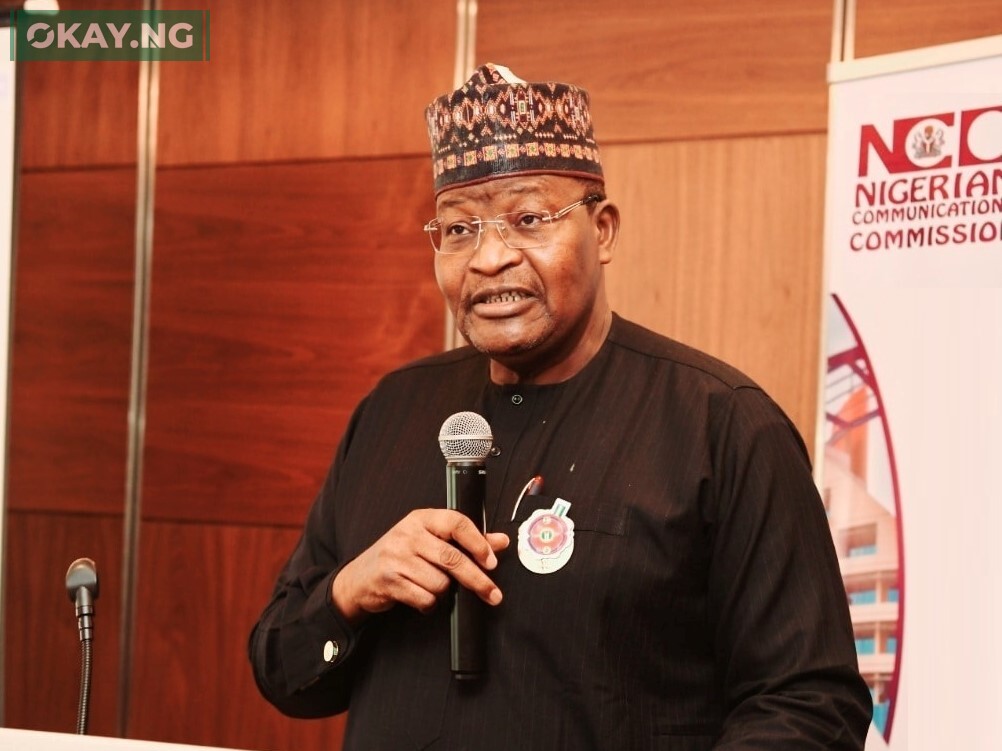The Nigerian Communications Commission says it will support Isa Pantami, the minister of communications and digital economy, on the exemption of the telecommunications sector from the 5 percent excise duty imposed by the federal government.
Umar Danbbatta, the commission’s executive vice-chairman, spoke to journalists shortly after the NCC was named the most outstanding regulator of the year 2022, at the Champion Newspaper annual awards, held in Lagos.
The federal government had recently unveiled the new fiscal policy measures (FPM) outlining the rates of excise duties for the current year.
The new FPMs — approved by President Muhammadu Buhari — include supplementary protection measures (SPM), revised excise duty rates, and green taxes.
The FPMs also impose a 5 percent excise duty on mobile telephone services (GSM), fixed telephone, and internet services — postpaid and prepaid.
But Pantami had insisted that the sector remains exempted from the tax — citing a previous presidential approval for the exemption.
The minister said the president’s approval supersedes all other declarations regarding the issue — including the FPMs.
READ ALSO: Report issues telecom companies fail to resolve, NCC tell Nigerians
“We stand by it. Any contrary proclamation should be disregarded by the general public,” he had said.
Taking a stance on the matter at the event on Friday, Danbatta told journalists that the NCC would side with Pantami as the President Muhammadu Buhari had already granted the exemption approval.
“My own stand is to identify and side with the minister of communications and digital economy because there is an approval granted, and we have the copy of the approval granted by Mr. President, which exempted telecommunications companies from the excise tax,” he said.
Speaking on the award, Danbatta, also the chief executive officer (CEO) of the agency, expressed gratitude for the support he has “enjoyed from the management and board of the NCC over this past couple of years”.
He pledged to continue to work with the board as well as the management and staff of the commission to raise the bar “in the way and manner we have progressively been regulating the industry in a manner that is predictable, and that has resulted in the stability of the industry”.
Danbatta also said the NCC would ensure that no part of the country is left without telecommunication services.
“We’re going to ensure we put more effort in bridging access gaps within the clusters we have identified and for which we have the map, in order to guarantee services to people in unserved and underserved parts of the country,” he said.

 Entertainment6 days ago
Entertainment6 days ago
 Health1 week ago
Health1 week ago
 Health4 days ago
Health4 days ago
 Football1 week ago
Football1 week ago
 Football1 week ago
Football1 week ago
 Crime4 days ago
Crime4 days ago
 Education6 days ago
Education6 days ago
 Crime1 week ago
Crime1 week ago

